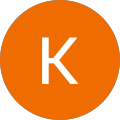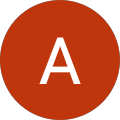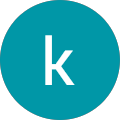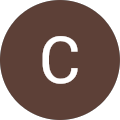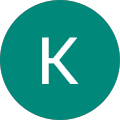My father had stroke 5 years ago, not able to walk, need to move with a walker, after visit this clinic for regular treatment for 3 months, he can walk now.
Response from the owner:Thanks for your sharing.
The Role of Acupuncture in Stroke Recovery: Acupuncture has been practiced for thousands of years as a key component of traditional Chinese medicine. Its underlying principle is based on the concept of Qi (pronounced “chee”), the vital energy that flows through pathways known as meridians in the body. According to traditional Chinese medicine theory, illness and pain occur when Qi becomes blocked or imbalanced. By inserting needles at specific acupoints along these meridians, acupuncture aims to restore the smooth flow of Qi, promoting healing and alleviating symptoms.
In the context of stroke recovery, acupuncture offers several potential benefits:
Pain Management: Many stroke survivors experience chronic pain, particularly due to muscle spasticity or nerve damage. Acupuncture has been shown to reduce pain by stimulating the release of endorphins, the body’s natural pain-relieving chemicals, and modulating pain perception pathways in the brain.
Improved Motor Function: Acupuncture may help enhance motor recovery by promoting neuroplasticity—the brain’s ability to reorganize and form new neural connections. By targeting specific acupoints related to motor function, acupuncture therapy can potentially facilitate the rehabilitation process and restore movement in affected limbs.
Enhanced Blood Circulation: Proper blood circulation is crucial for supplying oxygen and nutrients to the brain, aiding in its repair and regeneration after a stroke. Acupuncture has been found to enhance blood flow by dilating blood vessels and improving microcirculation, thereby supporting the healing process and reducing the risk of secondary complications.
Stress Reduction and Mental Well-being: Stroke recovery can be emotionally taxing, leading to anxiety, depression, and other psychological issues. Acupuncture sessions promote relaxation and stress reduction by triggering the release of neurotransmitters like serotonin and dopamine, which contribute to improved mood and overall well-being.
Adjunctive Therapy: Acupuncture is often used as a complementary therapy alongside conventional rehabilitation interventions. Integrating acupuncture into a comprehensive stroke rehabilitation program can provide additional support and enhance the effectiveness of other treatments.
Research Evidence and Clinical Studies: While the use of acupuncture in stroke rehabilitation is promising, more research is needed to fully understand its mechanisms and efficacy. Several clinical studies have investigated the effects of acupuncture on various aspects of stroke recovery, including motor function, cognitive function, and quality of life. While some studies have reported positive outcomes, others have yielded inconclusive results, highlighting the need for further randomized controlled trials and standardized protocols.
Conclusion: Acupuncture holds considerable potential as a complementary therapy for stroke recovery, offering benefits in pain management, motor function improvement, stress reduction, and overall well-being. However, its integration into mainstream rehabilitation practices requires more robust scientific evidence and standardized guidelines. As research in this field continues to evolve, acupuncture may emerge as a valuable adjunctive treatment option, providing hope and healing for stroke survivors striving to regain independence and quality of life.
Incorporating the ancient wisdom of acupuncture into modern stroke rehabilitation protocols represents a harmonious fusion of Eastern and Western healing philosophies, paving the way for holistic approaches to recovery and wellness.



